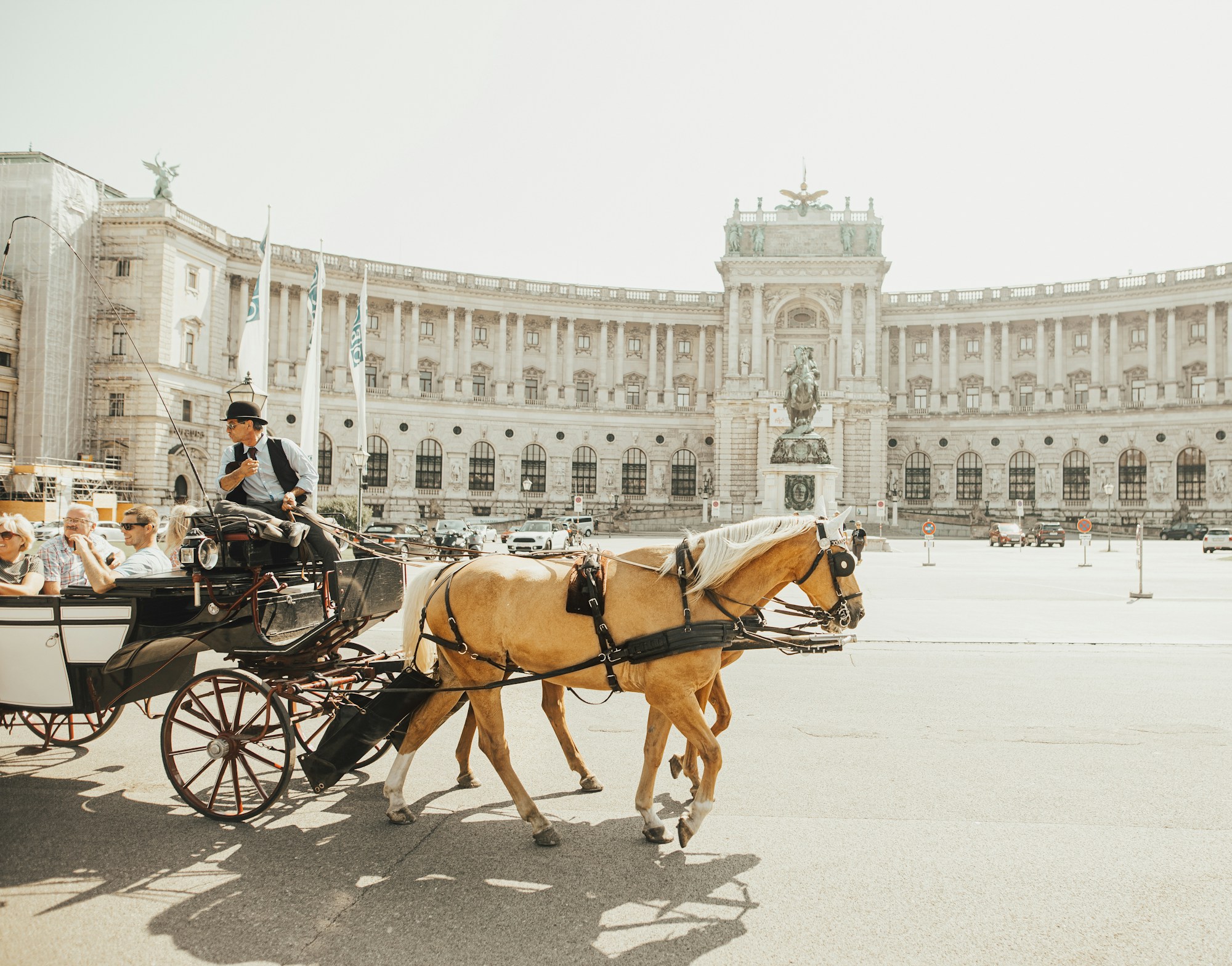Vienna Cultural Guide: History, Customs, Festivals

Welcome to Vienna!
History of Vienna
Vienna, the capital of Austria, is a city with a rich and diverse history. It was originally founded as a Roman military camp in the 1st century AD. Over the centuries, Vienna grew in importance and became the capital of the Holy Roman Empire in the 15th century. It later became the capital of the Austrian Empire and then the Austro-Hungarian Empire.
Vienna has played a significant role in European history, witnessing the rise and fall of empires, the birth of classical music, and the flourishing of the arts and sciences. The city has been a melting pot of different cultures, with influences from German, Italian, Czech, Hungarian, and Jewish communities.
Cultural Customs
When visiting Vienna, it's important to be aware of the local customs and traditions. Austrians place a high value on politeness and etiquette, so it is customary to greet people with a handshake and to say "Guten Tag" (good day) when entering a shop or restaurant.
Austrians also appreciate punctuality, so it is important to arrive on time for appointments and meetings. It's considered impolite to be late without a valid reason.
One of the customs in Vienna is the "Viennese coffee house culture." Cafes in Vienna are not just places to grab a quick coffee but are social institutions where people gather to relax, enjoy a cup of coffee, and engage in conversations. It's common to spend hours in a coffee house, reading newspapers or having discussions with friends.
Vienna Festivals
Vienna is known for its vibrant festival scene, with events happening throughout the year. One of the most famous festivals is the Vienna Opera Ball, which takes place annually in February. It is a glamorous event where visitors can experience the elegance and grandeur of Viennese ball culture.
Another notable festival is the Vienna Festival, which takes place in May and June. It is a celebration of arts, culture, and music, featuring performances by renowned artists from around the world. The festival includes theater, opera, dance, and music concerts held in various venues across the city.
In July and August, Vienna hosts the Jazz Fest Wien, a series of jazz concerts featuring both established and emerging musicians. The festival takes place in beautiful outdoor locations, allowing visitors to enjoy music in a relaxed and picturesque setting.
Notable Attractions
- St. Stephen's Cathedral: This iconic Gothic cathedral is a must-visit for its stunning architecture and panoramic views from the tower.
- Schönbrunn Palace: The former summer residence of the Habsburg monarchy, this palace offers visitors a glimpse into the imperial lifestyle through its opulent interiors and extensive gardens.
- The Hofburg: This imperial palace complex is home to several museums, including the Imperial Apartments and the Sisi Museum, dedicated to Empress Elisabeth of Austria.
- The Belvedere Palace: This baroque palace houses an impressive art collection, including works by Austrian artist Gustav Klimt, most notably "The Kiss."
- Kunsthistorisches Museum: This museum holds an extensive collection of art, including works by masters such as Caravaggio, Vermeer, and Rembrandt.
Eating and Drinking in Vienna
Vienna is known for its culinary delights, and no visit would be complete without trying some traditional Austrian dishes.
One must-try is the Wiener Schnitzel, a breaded and pan-fried veal or pork cutlet. It is typically served with potatoes and a side of cranberry sauce. Another famous dish is Tafelspitz, boiled beef served with various accompaniments like horseradish and apple sauce.
Don't forget to indulge in some Viennese pastries. The renowned Sachertorte, a chocolate cake with apricot jam filling, and the apple strudel are must-taste treats. Pair them with a cup of Viennese coffee for the ultimate Vienna experience.
